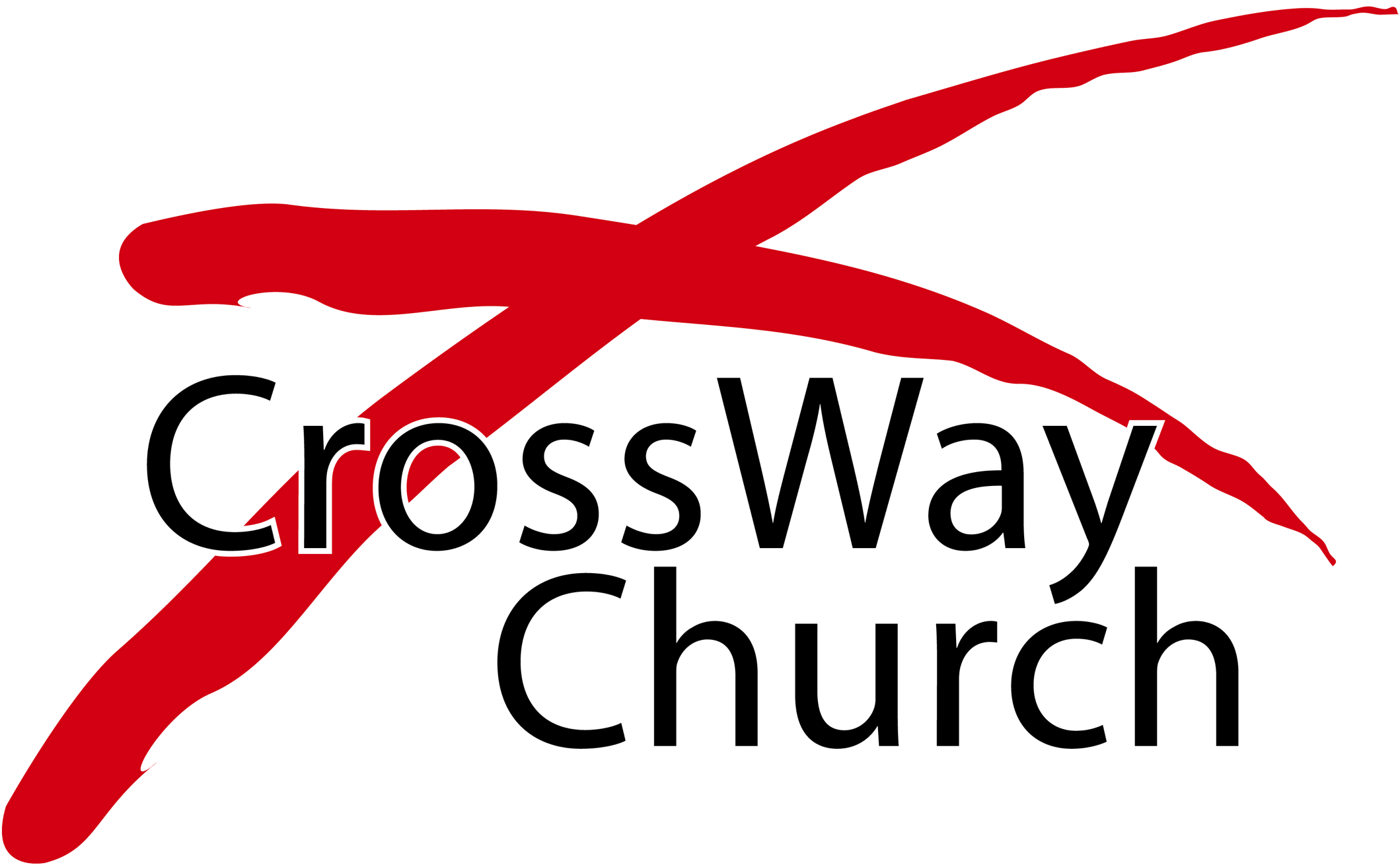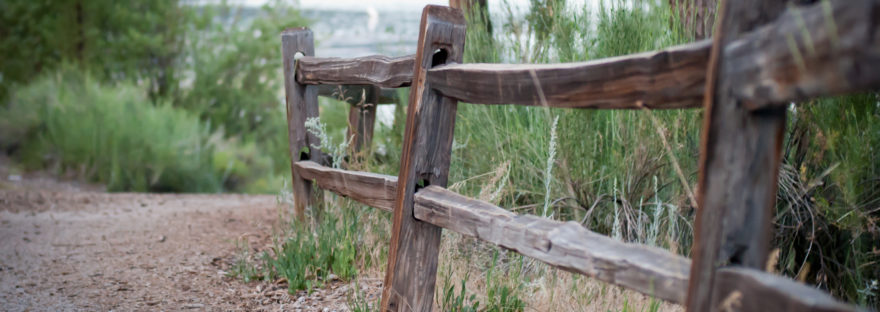My journey of seeking Jesus’ way started with a life-altering decision that I made a few years ago.
I resigned from a large church at which I had served on the pastoral staff for 12 years. At first, it was an unthinkable decision because I have four sons—the oldest one being only 7 years old at that time. And my wife and I didn’t have any savings.
Nonetheless, God gave me the courage I could not have mustered myself—I felt compelled to take a free fall, following the leading of the Spirit.
Behind this decision, there were two questions that brought me sleepless nights.
The first question came a few years ago from my brother who is also a pastor. One day I was sharing with him how it had been exciting to see such rapid growth. He said to me, “Paul, I’m so proud of you. You guys must be doing something right!” He then asked me this question:
1) “Are they all becoming like Christ or are they becoming like you? You always seem busy and driven.”
Ouch. Because of this question, I started waking up in the middle of night, which led me to the second question I asked myself during those sleepless nights:
2) “Do I like who I am becoming?”
I knew that the answer was clearly NO.
After I resigned, I took a six-month sabbatical to wait on God to discern God’s guidance for my next step. In hindsight, that was one of the best decisions I’ve ever made.
At the end of the sabbatical, I literally experienced a paradigm shift. My paradigm shift has a lot to do with waking up to the stark difference between the way of the American culture and the way of Jesus.
Eugene Peterson’s writings were immensely helpful for me. According to Peterson, we American churches may be relatively good at Jesus’ truth—believing the right things—but, we take Jesus’ truth and do it in the American pragmatic way, expecting Jesus’ life. But Peterson is so right when he wrote: “Only when we do the Jesus truth in the Jesus way do we get the Jesus life.”
I now am completely convinced of that.
I realized that culture had a very illusive effect on me, like the “frog-in-the-kettle” slowly being heated up. By culture, I mean not just the mainstream secular culture but also the church culture.
As a result of my paradigm shift, I’m now doing a church plant seeking and choosing Jesus’ way intentionally. I feel like I’m relearning ministry all over again. It’s been new to me because it’s not about choosing a new ministry model or new strategy or new innovation or new trend.
It’s about choosing and seeking Jesus’ way in all things.
Let me share about the three areas in which I had experienced the impact of this paradigm shift to Jesus’ way:
1. Spirituality: a shift from self-improvement to self-denial.
I think that this is at the heart of our culture’s influence on spirituality—even on Christian spirituality. The pragmatic culture’s spirituality is about improving yourself—so, you become a better husband/wife, a better parent, a better Christian, a better pastor by taking practical steps and having a right attitude and right strategy.
But I realized how harmful this way could be.
Self-denial is difficult and unpopular (even confusing) to our generation of which even the church-culture promotes self-improvement. BUT, we’ve seen over and over that real transformation and breakthroughs at our church-plant individually and corporately only came when we chose to die to self.
We are barely beginning to learn this paradoxical truth of dying to self in order to really live—to live the qualitatively different life that Jesus promised (Matt 11:28-30)!
2. Church: a shift from building an enterprise programmatically to building a transforming community organically.
One reason for my confusion was the lack of discernment on the word, “way/means.” On one hand, WAY means: “style,” “form,” and “trend” which must be constantly changed.
But on the other hand, WAY also means: “values,” “principles,” and “philosophy” which must NOT be changed.
So, what happened, at least in my case, was that I ended up “throwing the baby out with the bathwater.” In the name of contextualization, in reality, syncretism often happened.
It’s no wonder many of our churches are consumer-oriented rather than gospel-oriented.
With relevance, too often we gave up on our “saltiness.”
So I am now mindful about building an organic spiritual community rather than building programs in order to meet spiritual consumers’ needs. Doing church organically involves embracing a completely different pace and expectation of ministry. I need to remind myself that we are planting seeds, watering, waiting for the Spirit’s work, and joining in God’s work.
The truth is that I am impatient, so I’ve been learning this lesson the hard way.
Moreover, with cultivating up-close relationships comes messiness and hard work of learning to love one another. I’m learning to be vigilant about spiritual battles that the messiness brings (James 5:7; 1 Pet 3:8).
3. Ministry/Leadership: a shift from “making things happen” to “relying on the leading of the Spirit.”
The joy of seeking Jesus’ way in ministry for me is that I don’t have to be driven any longer. It comes from living out this truth: I can resign from making things happen—because real transformation is the work of the Spirit; in that, my role is to be guided by the Spirit.
My role of a pastor is no longer like a producer whose work renders an overnight result but more like a farmer who works hard with the land but utterly depends on the work of the Creator who gives the growth and fruits of his work. Thus, I remind myself over and over about the lure of quick fixes and pseudo transformation.
This posture of Spirit-dependence keeps me humble yet confident. In leading this spiritual community, my short-comings and limitations were glaringly apparent—at times, I felt the blows of the Enemy to give in to self-doubt and fear. On the other hand, it was so easy to give in to pride and self-sufficiency, at times.
What I’ve been learning (slowly) is that I need to live out a Spirit-dependent life by practicing humble confidence. To lose one or the other would mean that I need to get back to Spirit-dependence again (1 Cor 2:3-5).
To say the least, seeking and choosing Jesus’ way has not been easy nor efficient; rather, it’s been very difficult and strenuous.
It really feels like swimming against the current. But I could honestly say that I wouldn’t choose anything else. When I think about real transformations in our community, every hardship is worth it. I think of Jamie—a young mom who once felt so overwhelmed by her first baby. When she took the challenge of taking responsibility of her own spiritual vitality in this season of life, we saw her real transformation right in front of our eyes.
Jamie started with taking 5 min with God during the baby’s nap time; the 5 min became 15 min to 30 min as a regular rhythm. Her husband was the first one to notice her changes inside out and her joy was increasingly more evident to us whenever we get together.
I also think about Sung and Caroline—a young couple who used to have serious marital conflicts. When they were faced with their brokenness, they began to learn what it means to die to self rather than trying to fix each other. It’s such a joy to see their radical transformation in their personal lives as well as in their marriage.
1 Corinthians 1:18 says, “For the message of the cross is foolishness to those who are perishing, but to us who are being saved it is the power of God.” This verse became so true to me and our community—we have been experiencing the power of God.
Our decision was to seek and choose Jesus’ way as our ways—and that has made all the difference!
by Paul K. Kim, Lead Pastor
November 14, 2009

